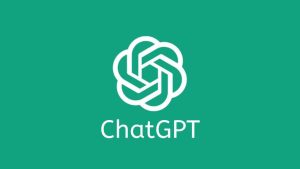The seemingly inevitable prospect of ChatGPT seeping into every aspect of life has prompted healthcare industry experts to prognosticate its role in the data-heavy sector. The AI chatbot from OpenAI has managed to pass a version of the U.S. Medical Licensing Examination and is already being used to capture both patient information and draft insurance denial appeals; thus, it can now count on a sizable investment from Microsoft to further hone its algorithms.
With a fair share of AI-centric startups failing to gain traction in the healthcare market over the past decade, can ChatGPT reverse the trend by bringing the full breadth of artificial intelligence to medicine?
The billions of prospective data points to be fed into ChatGPT’s models essentially blows the ceiling off the potential for its usefulness. As per Moore’s Law, which posits that computational progress will double every two years, the AI chatbot is destined to be 32 times more powerful by 2033—and in another 10 years, it’ll have reached a multiplier of 1,000. The benefits this could bring to healthcare are practically limitless. Diagnostics, telehealth, drug discovery, and many more areas will be revolutionized by this technology.























